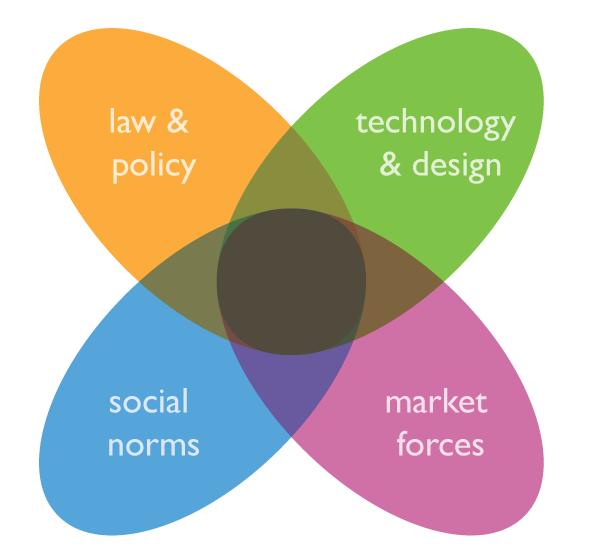Recent scandals over cartel behavior in Japan’s power market have sent shockwaves across the energy sector. Authorities spent the past few months investigating what exactly has transpired and the results are grim, revealing illegal practices that go back to 2016 – the year that the markets were fully liberalized.
In response, a wave of indignation has led to calls for major reforms in the power sector.
Official probes found that major power utilities were illicitly accessing customer data of other generators. Also, it seems that Chubu Electric, Chugoku Electric, Kyushu Electric, Chubu Electric Power Miraiz, and Kyuden Mirai Energy had agreed in 2018 to restrain competition in the high-voltage market, which covers business users. In response, the Japan Fair Trade Commission has levied penalties totaling ¥101 billion against the firms.
At first glance, this scandal couldn’t have come at a worse time. The government is launching its much vaunted GX program to entirely overhaul the national energy system in line with global efforts to transition to clean energy. It wants and needs the country’s biggest power providers to invest large sums in boosting non-fossil energy volumes.
However, as Churchill once said: “Never let a crisis go to waste”. This scandal is giving the reformers among government and bureaucracy circles an opportunity to push for even deeper changes than the 2016 liberalization. For example, there’s a growing momentum behind the idea that former regional power monopolies, the EPCOs, should be forced to fully separate their generation, transmission and retail units to guarantee a level playing field. The fragility of EPCOs’ current arrangement has been exposed.

